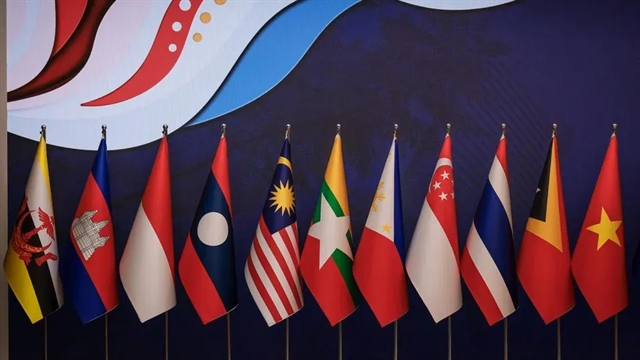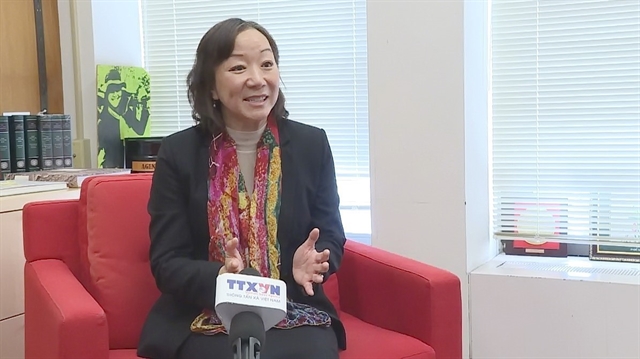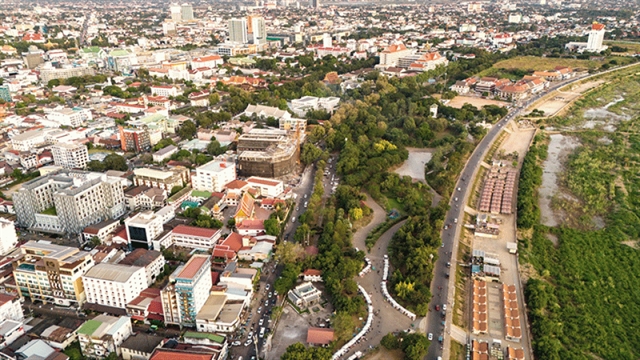 Society
Society
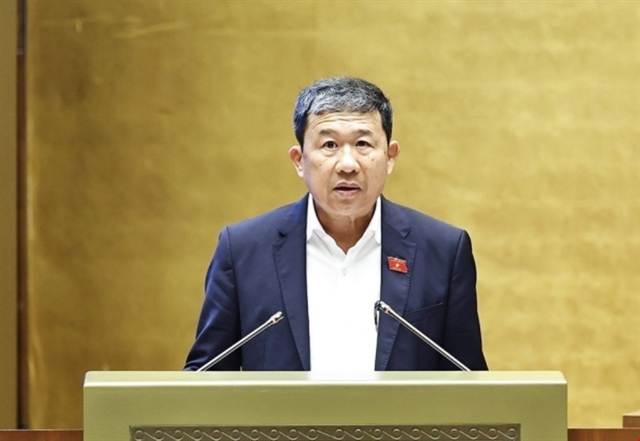
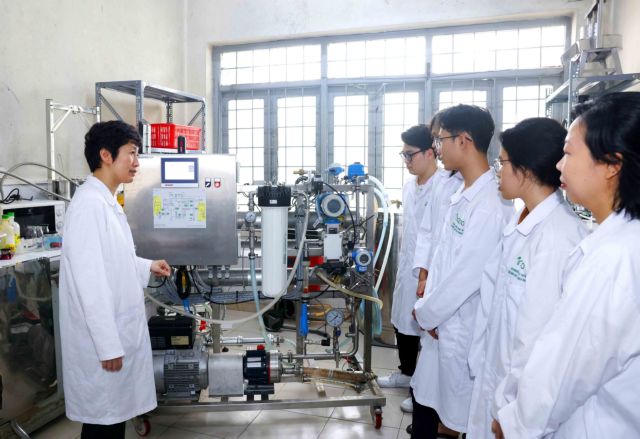
|
| A young female associate professor introduces students to a wastewater treatment system using membrane technology. — VNA/VNS Photo |
HÀ NỘI — Việt Nam is putting science and technology at the centre of its higher education reforms to raise the quality of universities and lift their standing in international rankings.
Politburo Resolution 71, issued earlier this year, sets out a strategy to transform education and training by strengthening faculty, boosting research capacity and forging closer ties with business and industry.
Building a stronger teaching force
Việt Nam had about 91,300 university lecturers in 2024, according to the Ministry of Education and Training. Roughly one-third hold doctoral degrees, while most hold master’s degrees.
Each year, about 600 new professors and associate professors are promoted, though they remain concentrated in major universities with postgraduate programmes.
The Government wants at least 40 per cent of lecturers to have doctorates by 2030 and, from then on, any university offering doctoral programmes must ensure that half of its teaching staff hold a PhD.
The requirement poses a serious challenge, given the length of doctoral training and the risk of brain drain as PhD holders retire or move abroad.
To meet the target, universities are offering scholarships and career incentives to encourage lecturers to pursue doctorates while also seeking to attract Vietnamese scholars trained overseas.
HCM City’s National University has launched the 'VNU 350' programme to recruit 350 outstanding young scientists, offering them substantial research funding and laboratory support.
The aim is to retain talent capable of not just teaching but also leading research, publishing internationally and transferring knowledge to society.
Smaller universities, however, still struggle to compete due to weaker research environments and lower pay.
Salary and policy reforms
Resolution 71 calls for preferential policies to strengthen the teaching force, including recruiting at least 2,000 lecturers from abroad and bringing in outside experts to participate in training.
The Ministry of Education and Training is preparing a decree on teacher salaries, which would raise pay coefficients above those of other professions and link pay more closely to job responsibilities and performance.
Proposals also include increased allowances, improved health care benefits and greater autonomy for universities in recruitment. Simplified procedures are being considered to make it easier to invite international professors and overseas Vietnamese scholars to work in the country.
"Lecturers are the backbone of higher education. They not only pass on knowledge but also mentor and inspire students, while driving research and linking universities with society," said Director of the ministry’s Department of Teachers and Education Administrators Vũ Minh Đức.
Shifting research from 'quantity' to 'quality'
Research output has grown rapidly. Between 2018 and 2022, Vietnamese universities produced nearly 77,000 Scopus-indexed papers, with annual growth of between 12 and 15 per cent.
In 2024, the number exceeded 22,000, double the level of 2018.
HCM City’s National University (VNU) now leads with more than 3,000 international papers annually, followed by Hà Nội's University of Science and Technology and National University.
Private universities such as Tôn Đức Thắng, Phenikaa and Duy Tân have also become notable contributors.
Yet the growth rate is slowing, and officials say the focus must now shift from volume to quality. Commercialisation of research remains limited, with many State-funded projects stuck at the lab stage due to regulatory barriers and weak links with industry.
Even the leading institutions generate relatively modest revenue from research. VNU reported VNĐ241 billion (US$9.1 million) from science and technology services in 2024, down from previous years.
University–enterprise cooperation has expanded but remains narrow. Nearly 90 per cent of universities report partnerships for student internships and around 70 per cent of companies offer scholarships or sponsor job fairs.
Only about 30 per cent of businesses, however, are engaged in joint training or research.
"This shows that cooperation is still focused mainly on workforce training rather than genuine research and innovation," said Director of the ministry’s Department of Science, Technology and Information Phạm Quang Hưng.
Mobilising resources for innovation
Experts say that more funding and new management approaches are needed to support innovation. Universities host most of Việt Nam’s science and technology talent but receive research budgets far below actual demand.
Officials argue that funding should be allocated according to institutional capacity, with priority given to basic and potential research, technology incubation and investment in strategic industries.
At the same time, universities are being urged to diversify revenue streams by strengthening partnerships with businesses and mobilising support from society.
"In the era of university autonomy, the most decisive step is to create mechanisms that expand funding sources for research and innovation," Hưng said.
He added that the Government must play a facilitating role by issuing policies, providing seed capital, investing in laboratories and innovation centres and co-financing joint projects with enterprises in strategic technology areas.
Resolution 71 makes clear that improving university quality will require long-term investment in both people and research.
With stronger faculty, better pay and support policies, closer ties with businesses and a sharper focus on high-quality research, Việt Nam's universities are expected to move closer to international standards in the years ahead. — VNS

